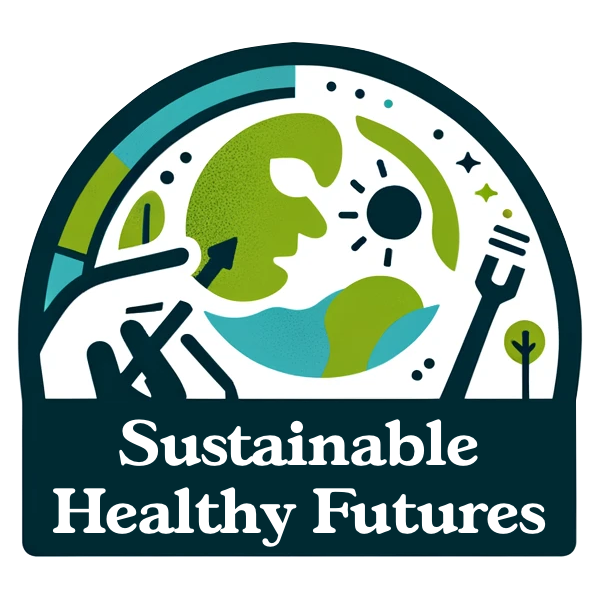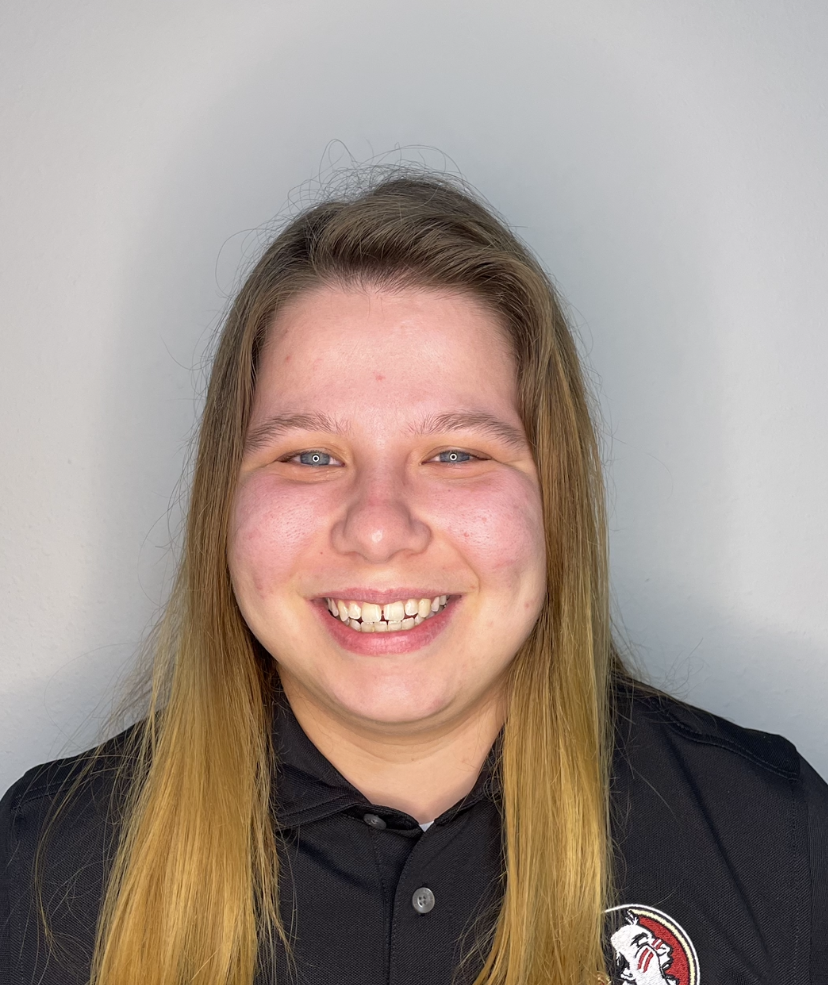Our Team
-
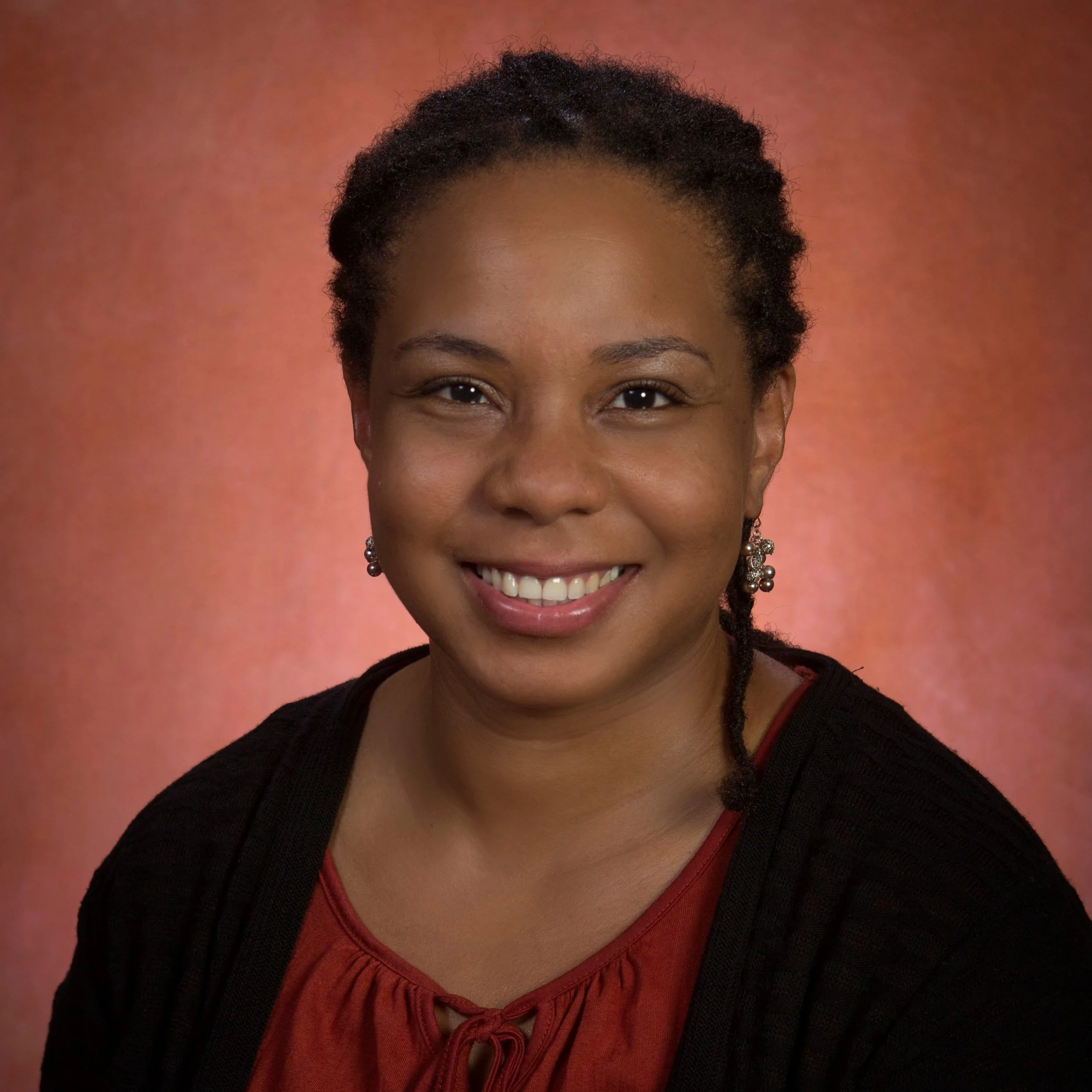
Dr. Tisha Holmes
Associate Professor, Florida State University
I am committed to seeking sustainable pathways to reducing risk and building socio-ecological resilience to natural and industrial hazards. My research intends to promote grassroots level capacities through community outreach and participatory engagement. I work to build new bridges between scholarship and practice to uncover the intricacy of issues facing highly vulnerable localities while engaging and empowering communities to identify and direct their pathways towards shaping more resilient places. My teaching philosophy is guided by a desire to expand critical thinking, technical competence and hands-on engagement in order to advance inclusive and socially just solutions to environmental problems faced by marginalized and vulnerable groups.
-
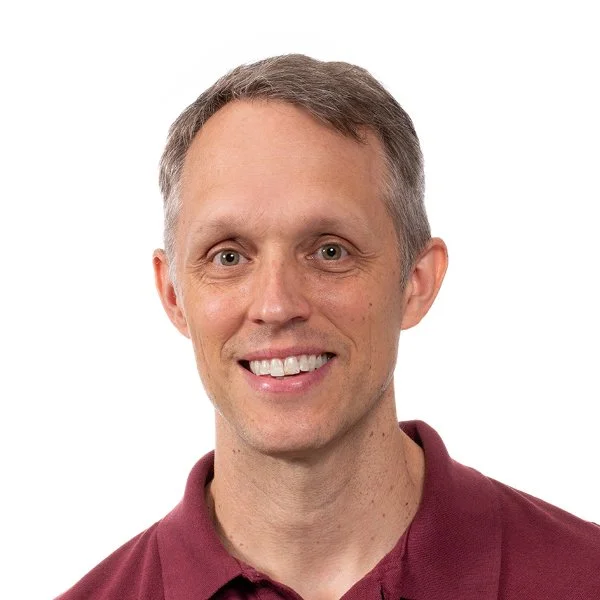
Dr. Will Butler
Professor, Florida State University
I came to planning almost by accident as I stumbled upon the Urban Affairs and Planning program at Virginia Tech. The future orientation of the field draws me in. My two children further inspire me to push for my aspirations of sustainability, resiliency, and justice in the face of the global challenges associated with climate change, persistent environmental degradation and growing inequalities. I have been intrigued by the question of how to move toward more effective environmental management and fill in the gaps where government, private and non-profit organizations cannot accomplish what needs to be done on their own. As a result, I have oriented my work toward improving the theory and practice of collaborative planning and management through both my teaching and research.
-
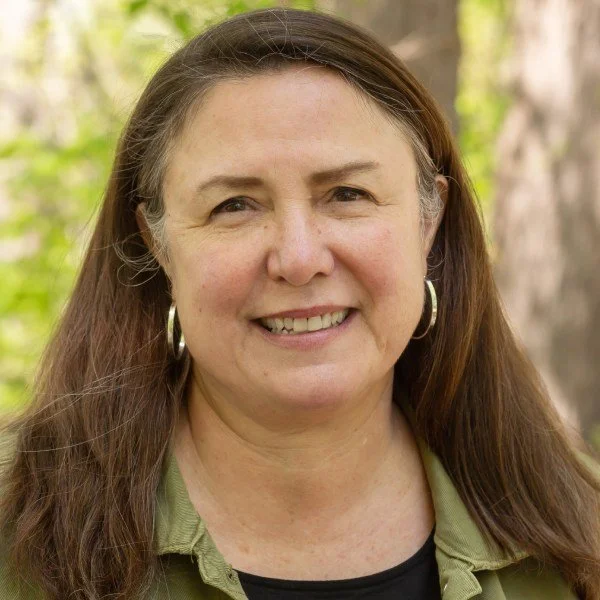
Jeanne Herb
Executive Director of the Environmental Analysis and Communications Group at the Rutgers University Bloustein School of Planning and Public Policy
I lead initiatives at the intersection of social and environmental determinants of health, health equity, environmental sustainability, state and local public policy, and inclusive, participatory decision-making. Jeanne’s work involves facilitating cross-sector coalitions and collective impact partnerships to advance shared efforts and to use those experiences to inform evidence-based public policy. She leads efforts to assess health equity outcomes of decisions associated with the built and natural environment and other sectors and to develop tools that can be used at the state level to inform state and local strategic health equity and environmental sustainability efforts.
-
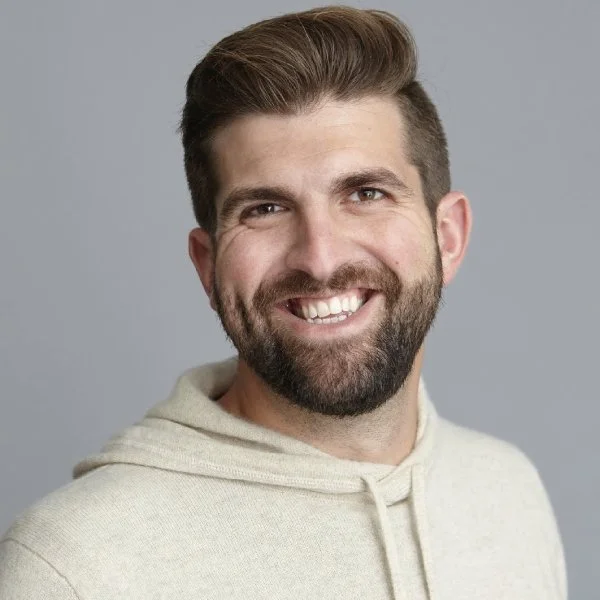
Garin Bulger
Research Specialist, Center for Urban Policy Research at Rutgers University.
A Research Specialist with the Center for Urban Policy Research at the Edward J. Bloustein School of Planning and Public Policy at Rutgers University, his research focuses on climate adaptation policy, environmental policy, community-led work, and climate justice. Specifically, he studies how communities across the world are implementing local food system programs, the policies that influence them, and food sovereignty programs as methods with which to adapt to climate change. Garin is also a Doctoral student in Public Policy at the Edward J. Bloustein School of Planning and Public Policy at Rutgers University, writing a dissertation forging an ontological link between the agrarian philosophy of Wendell Berry and the modern indigenous food sovereignty movement, while analyzing the policies that affect both. With his research and work, Garin aims to contribute to ongoing efforts connecting climate adaptation policy action and local food systems in both the academic and policy worlds.
-
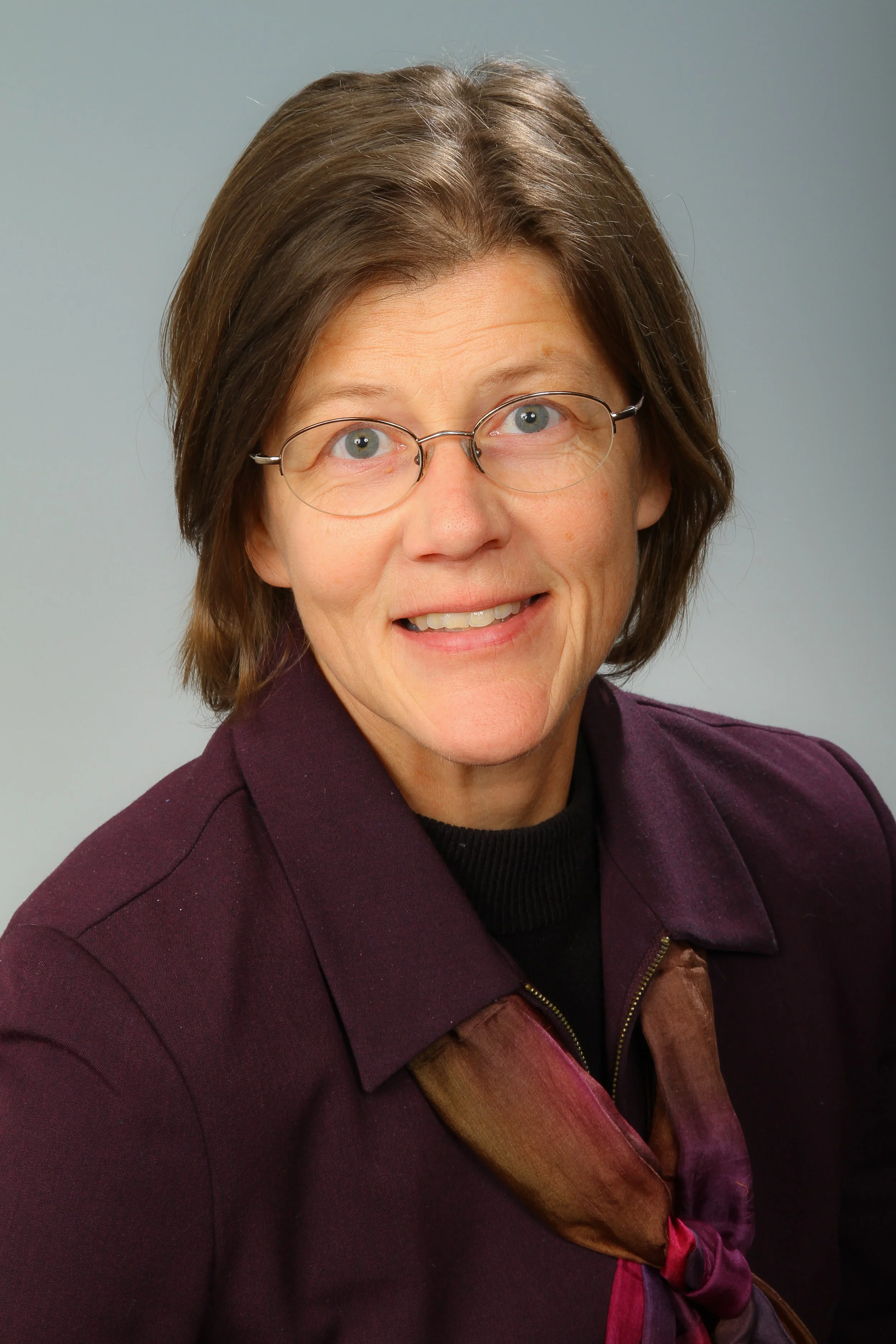
Dr. Karen Lowrie
Associate Director, Environmental Analysis and Communications Group at Rutgers University.
After earning her Ph.D. in urban planning at the Bloustein School in the mid-1990s, she managed projects for both the National Center for Neighborhood and Brownfields Redevelopment and the Center for Transportation Safety, Security, and Risk prior to the formation of EAC. Specific past projects have included assessing the socioeconomic impacts of large contaminated sites, building local capacity for urban neighborhood planning, addressing health and risk issues with community-based health interventions, producing training videos on security risks, and developing a brownfields redevelopment manual for community-based organizations. More recently, she has led studies of land preservation innovation diffusion and has conducted health impact assessments related to built environment projects and climate-change mitigation policy and actions.
-
Marie D'Addario
Graduate Research Assistant
A second-year graduate research assistant in the Department of Urban and Regional Planning at Florida State University. Marie specializes in international coastal resiliency with a focus on sustainable disaster mitigation techniques along vulnerable coastlines in the developing world. She is also working on an individual research project that intersects the concepts of Western environmentalism and how indigenous knowledge/science can contribute to sustainable management practices of vital ecological systems worldwide.
-
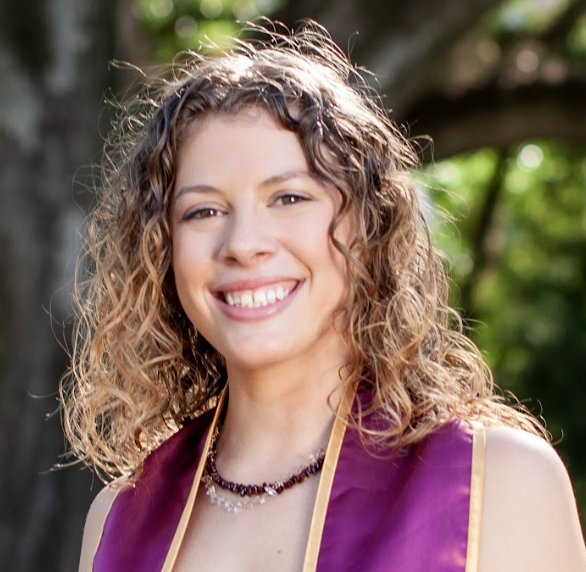
Mia Sadler
Graduate Research Assistant
Mia is passionate about multi-faceted and community-engaged solutions that can bolster the resiliency of neighborhoods and ecosystems. With most of her undergraduate and graduate coursework in environmental planning and climate change, her focus is climate change adaptation and mitigating the current and future detrimental effects vulnerable populations face. Projected to finish her master’s degree in Urban and Regional Planning from Florida State University in December 2024, Mia is excited about the countless possibilities of supporting communities by bringing stakeholders, scientists, artists, and other experts to the table to create innovative and sustainable solutions.
